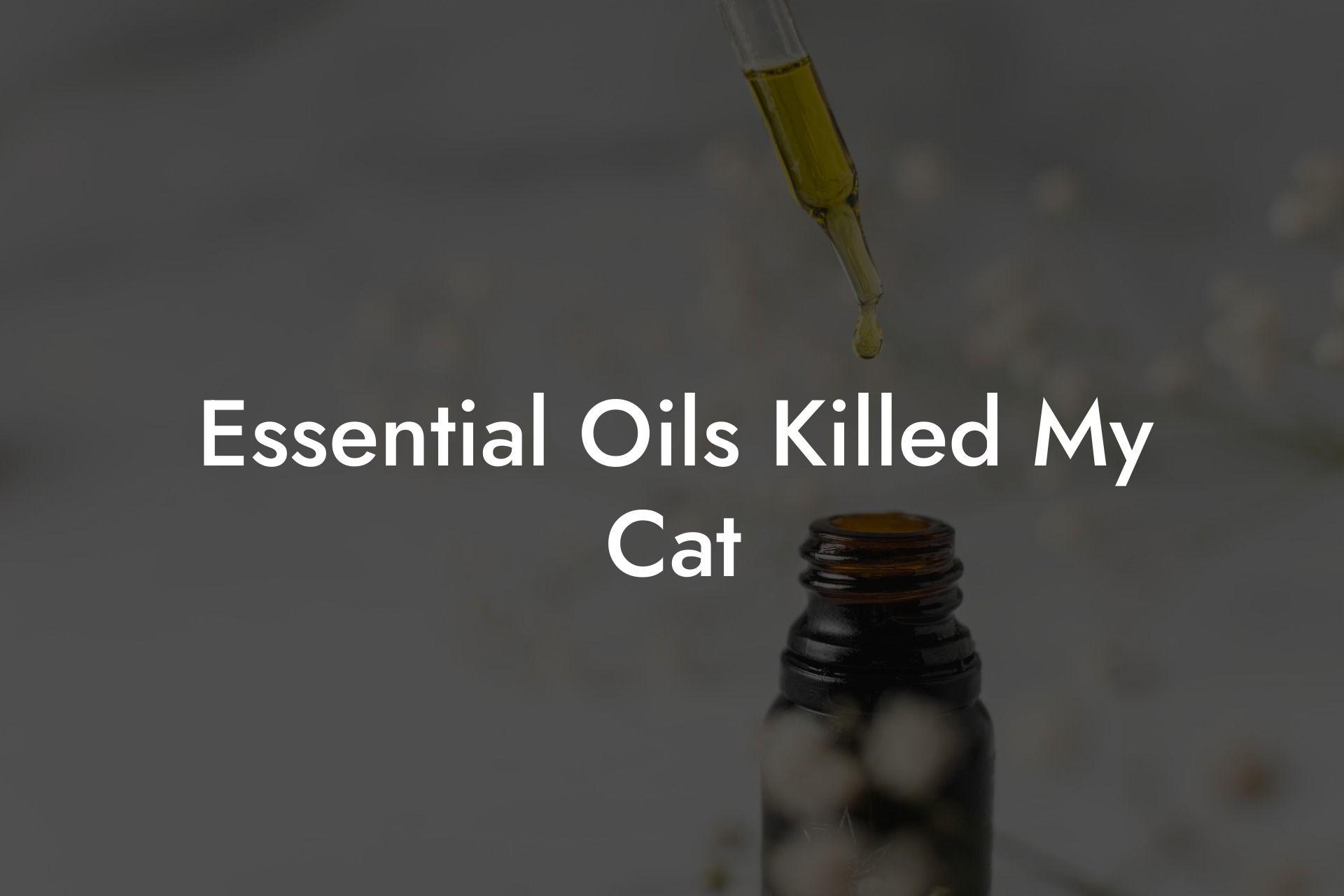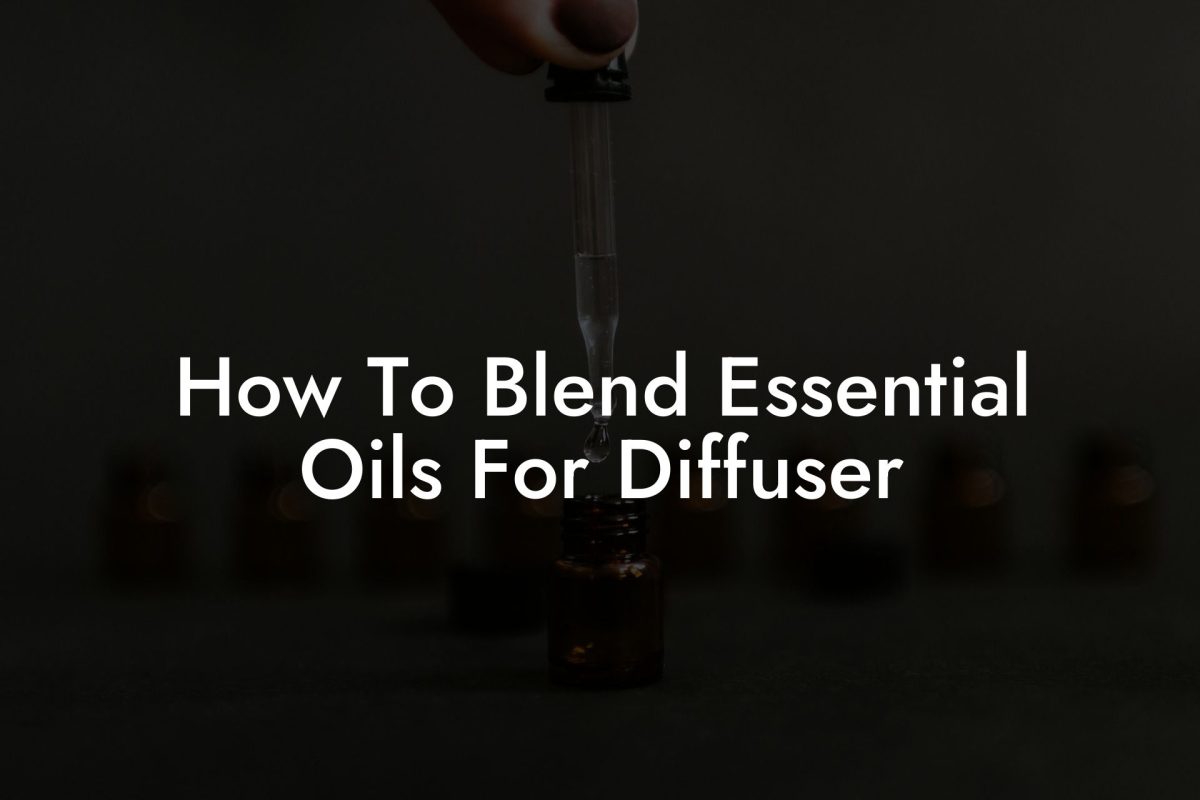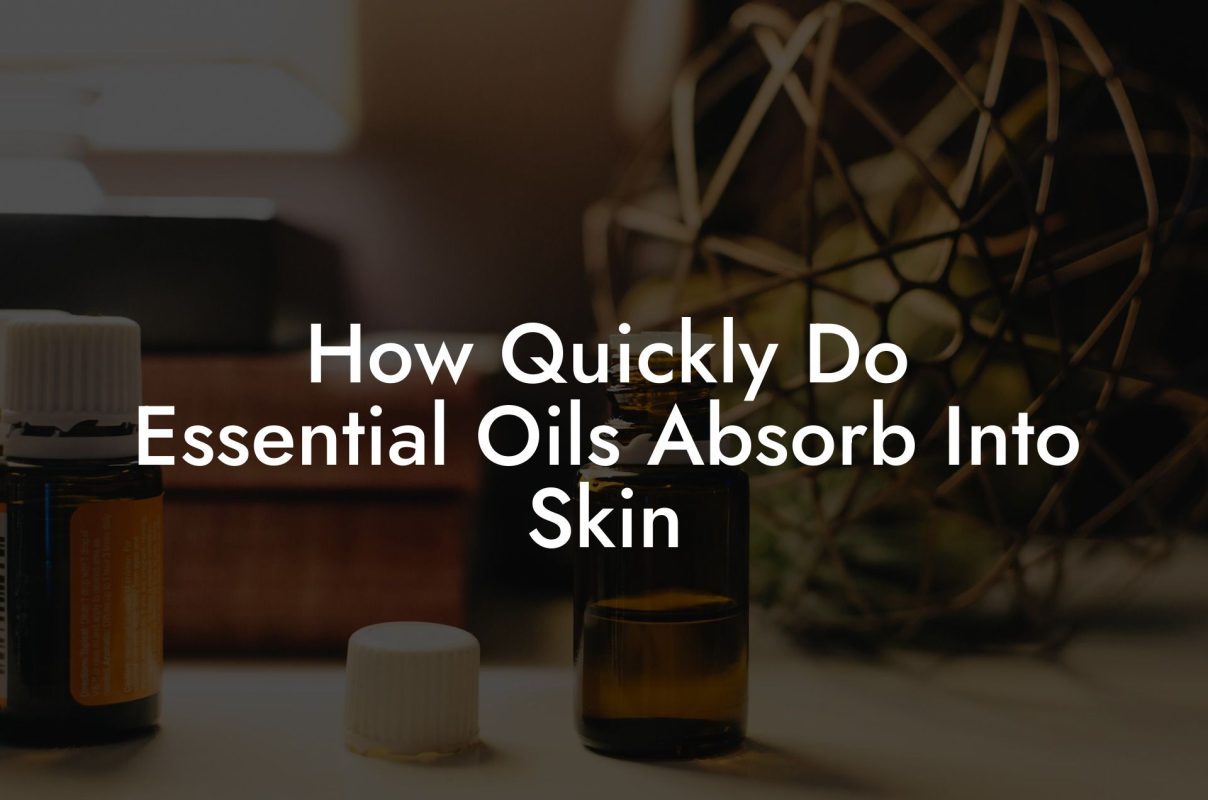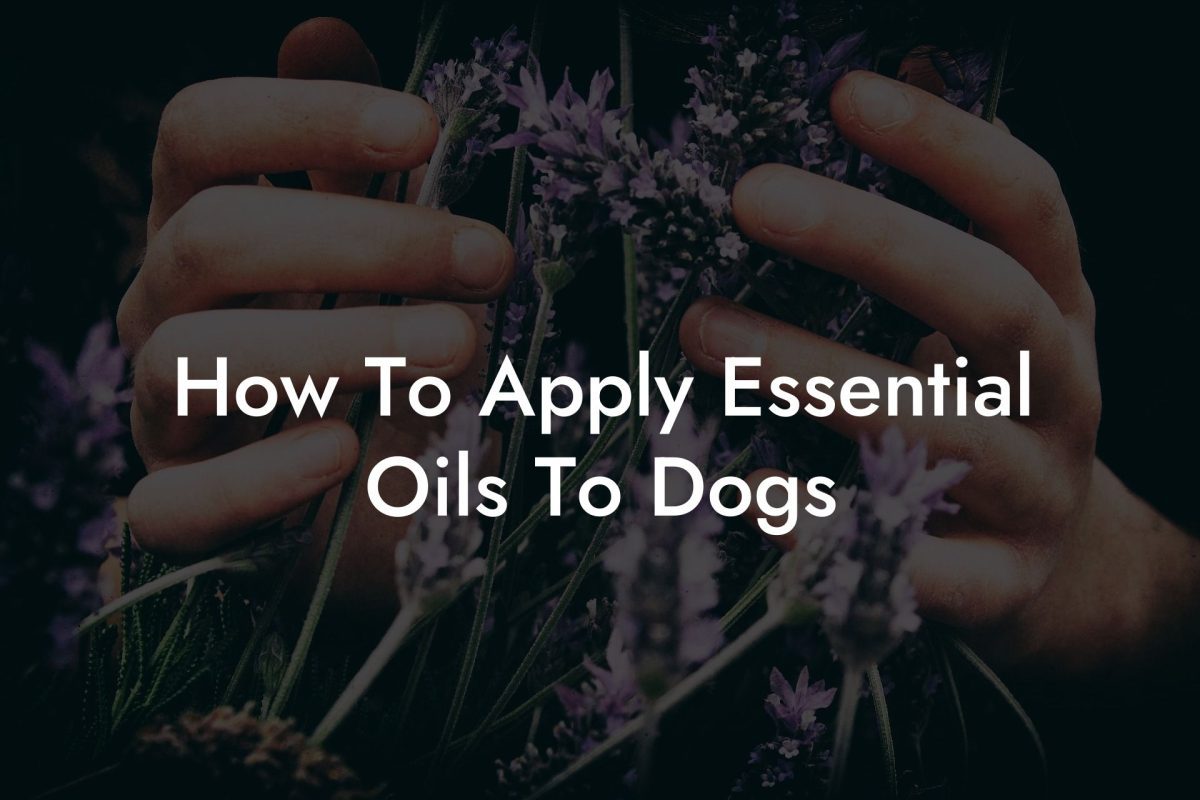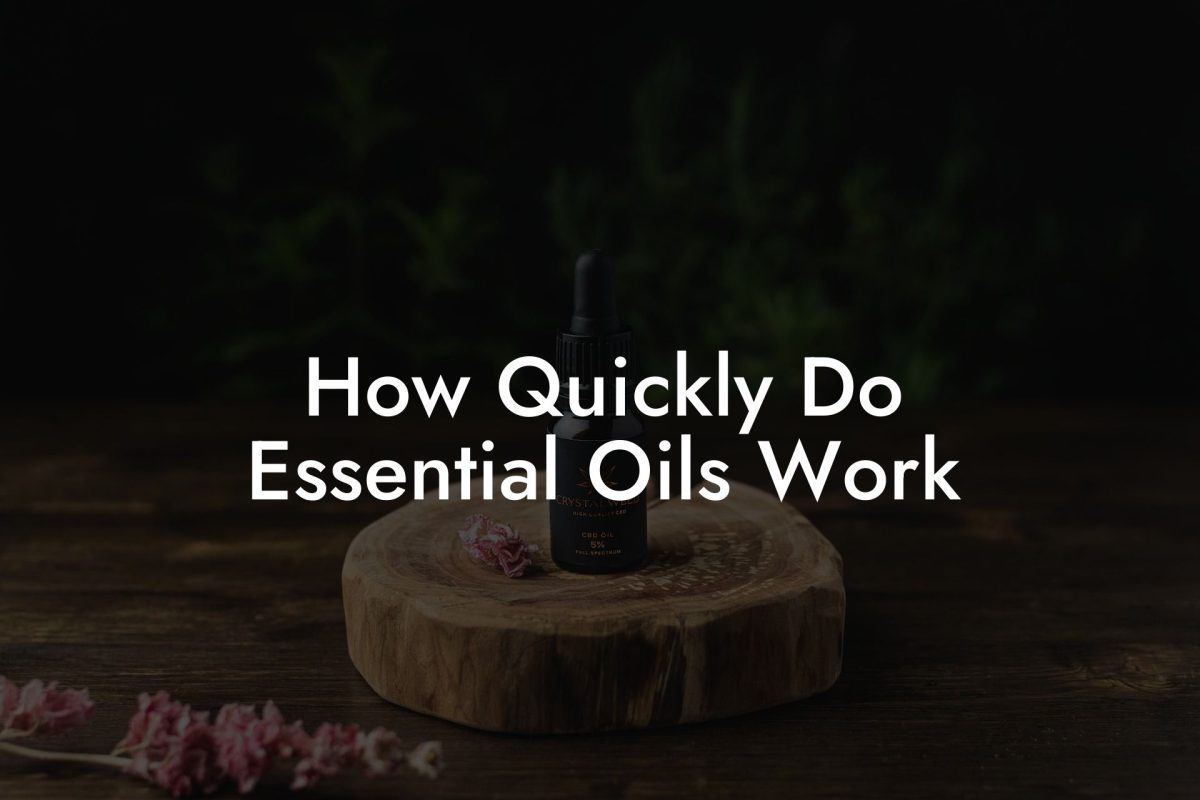As a pet owner and an avid user of essential oils, you might be wondering whether there’s any correlation between the two. This article will dive into the terrifying factoring of how essential oils can pose a risk to our beloved feline friends. It’s important to be informed and take the necessary precautions to keep our pets safe while enjoying the benefits of essential oils.
Table of Contents
Why are Essential Oils Dangerous to Cats?
Essential oils are potent, concentrated plant extracts that can offer therapeutic benefits when used properly. However, they can also be toxic to pets, especially cats, if misused or not considered in their environment. The primary reasons for this are:
1. Cats’ Unique Biology
Cats have an altered liver metabolism which makes it difficult for them to metabolize and eliminate certain compounds present in essential oils. This leads to a buildup of toxic substances in their bodies, causing severe health issues or even death.
2. Cats’ Grooming Habits
Cats are notorious groomers. They constantly lick their fur, and if they come into contact with essential oils on surfaces or diffusers, they may ingest them, leading to toxic reactions.
3. Concentration of Essential Oils
Essential oils are highly concentrated, and even small amounts can be dangerous to cats, especially if they are exposed to them frequently or over a long period of time.
Signs of Essential Oil Toxicity in Cats
Keep an eye out for these symptoms in your cat if you suspect essential oil poisoning:
- Drooling
- Vomiting or diarrhea
- Breathing difficulties or wheezing
- Lethargy or weakness
- Red, irritated skin around the mouth, nose, or paws
- Tremors or seizures
If you notice any of these symptoms in your cat, seek immediate veterinary assistance.
Which Essential Oils are Toxic to Cats?
While many essentials oils pose a threat to cats, the most problematic oils include:
- Citrus oils (lemon, orange, grapefruit)
- Cinnamon oil
- Eucalyptus oil
- Tea tree oil
- Peppermint oil
- Pine oil
- Ylang-ylang oil
- Lavender oil
It is imperative to keep these oils away from cats or consult with a veterinarian before using them around your feline friend.
Essential Oils Killed My Cat Example:
Imagine you’ve been diffusing tea tree oil in your living room to purify the air and uplift your mood. Your cat, being naturally curious, brushes up against the diffuser, getting some oil on its fur. As the cat grooms itself, it ingests the oil, which leads to signs of toxicity such as drooling, vomiting, and difficulty breathing. You rush your cat to the nearest animal hospital and, luckily, the veterinarian is successful in treating the poisoning, but the experience serves as a reminder to take extra precautions when using essential oils around pets.
In conclusion, essential oils can indeed pose a threat to our feline companions, but being informed and using them responsibly can mitigate the risk. It’s crucial to understand the implications of using these oils around your cats and take necessary measures to ensure their safety. Remember to share this important information with fellow cat owners and explore more safe, effective options within the Oshu Oils range. We hope this guide has been informative and that it will help you maintain a harmonious and healthy environment for both you and your pets.

